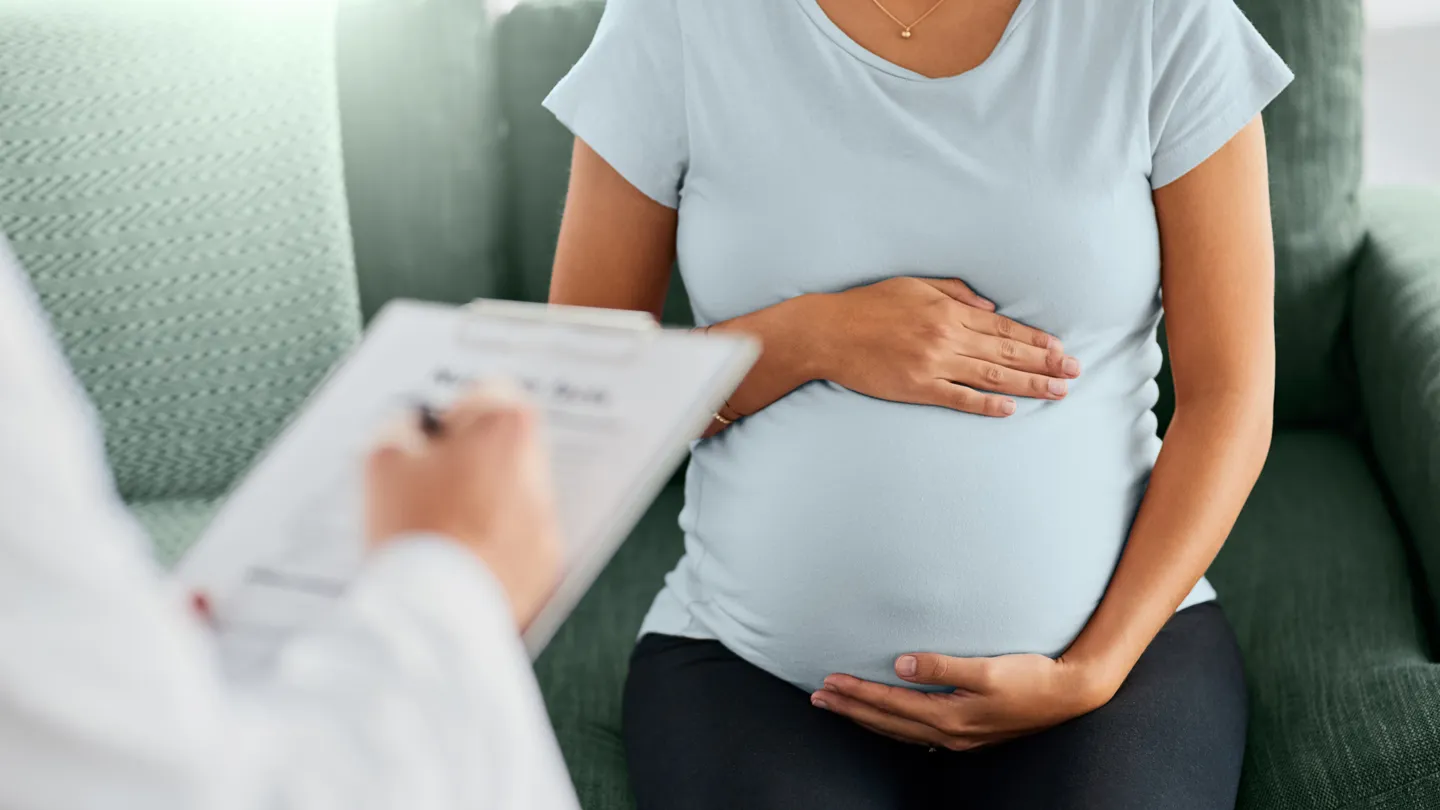In a joint video message delivered along with Martin Makary, MD, MPH, the commissioner of the U.S. Food and Drug Administration (FDA), and Jay Bhattacharya, MD, PhD, the director of the National Institutes of Health (NIH), Kennedy called the policy shift “common sense.”
While not explaining why pregnant people should not get the vaccination, the three health leaders cited a lack of evidence that healthy children need the shot and said that most countries have stopped recommending it for children.
“We’re now one step closer to realizing President Trump’s promise to make America healthy again,” Kennedy said.
This latest move comes one week after the FDA announced it would recommend the COVID-19 shot only for adults ages 65 and older and those more likely to get severely ill from the virus.
Professional Medical Groups Express Serious Concerns
“It’s concerning that this decision was made outside of a well-established process that has previously been open to the public and relied on a robust review of scientific evidence,” says Tina Tan, MD, the president of IDSA and an attending physician at the Ann & Robert Lurie Children’s Hospital of Chicago.
Dr. Tan, who is also a professor of pediatrics at Northwestern University Feinberg School of Medicine, says that healthy infants and children are at risk for major COVID-19 complications. For instance, pediatric long COVID — also called MIS-C, or multisystem inflammatory syndrome in children — may happen two to six weeks after coronavirus infection and develop even if symptoms are mild or nonexistent.
“Long COVID can affect development in infants and children,” she says. “These are serious complications.”
Tan views the new recommendations as particularly troubling for mothers-to-be. Pregnancy is a well-established risk factor for severe COVID-19 complications, including preterm labor and birth, preeclampsia, heart injury, blood clots, hypertension, and kidney damage, according to IDSA.
“As ob-gyns who treat patients every day, we have seen firsthand how dangerous COVID-19 infection can be during pregnancy and for newborns who depend on maternal antibodies from the vaccine for protection,” wrote Steven J. Fleischman, MD, the president of ACOG, in the press release. “It is very clear that COVID-19 infection during pregnancy can be catastrophic and lead to major disability, and it can cause devastating consequences for families.”
New Policy May Limit Access to COVID Vaccines
HHS has not provided information about the criteria being used to define healthy children and pregnant people, so it’s unclear who should or should not get vaccinated based on the new guidance.
Even if COVID-19 vaccines remain available in pharmacies and at doctors’ offices, children and pregnant people may not be able to afford them if their insurance companies drop coverage. Many health insurance companies follow federal recommendations to determine what medications and vaccines to cover, Tan says.
Read the full article here




